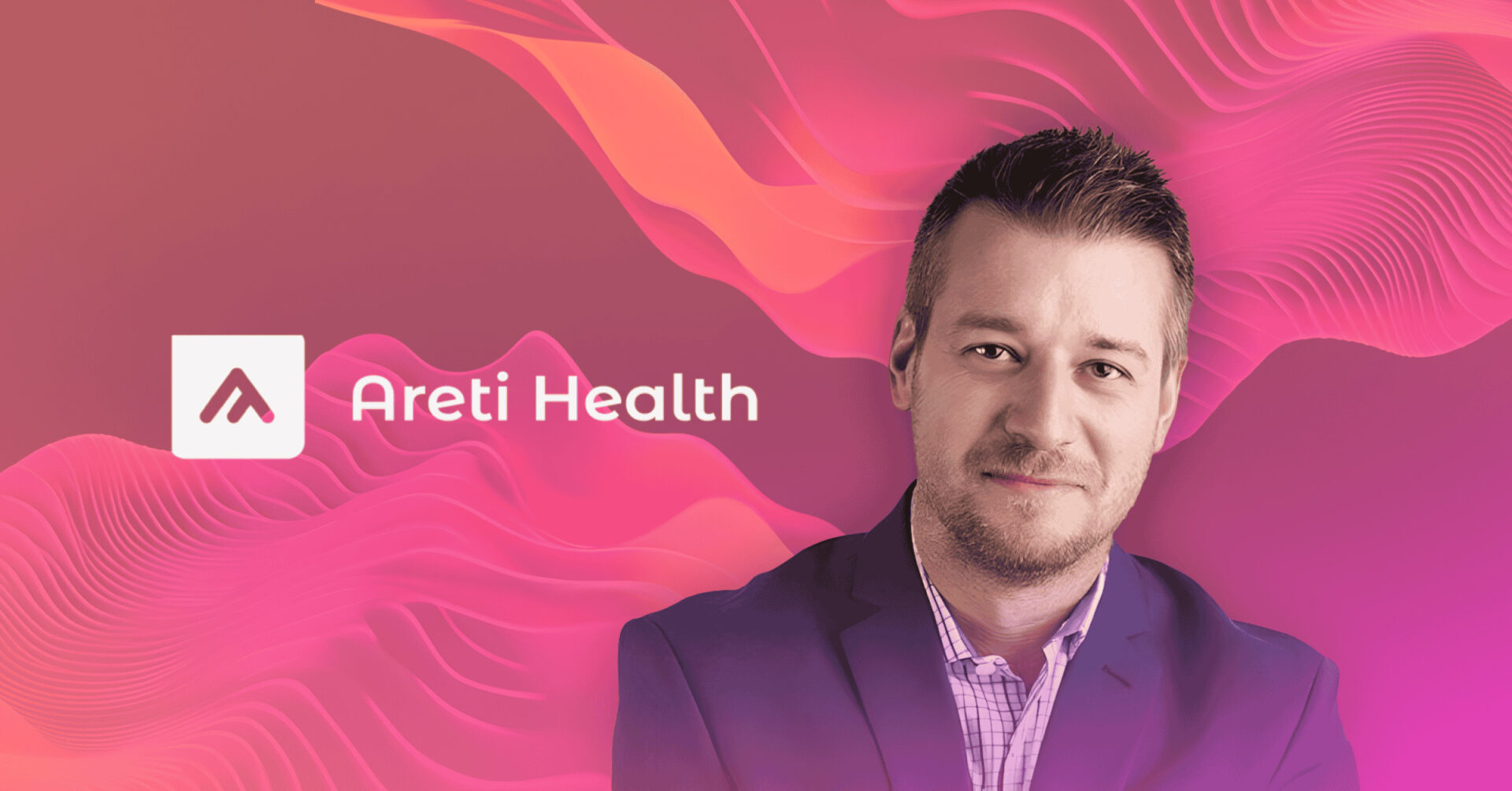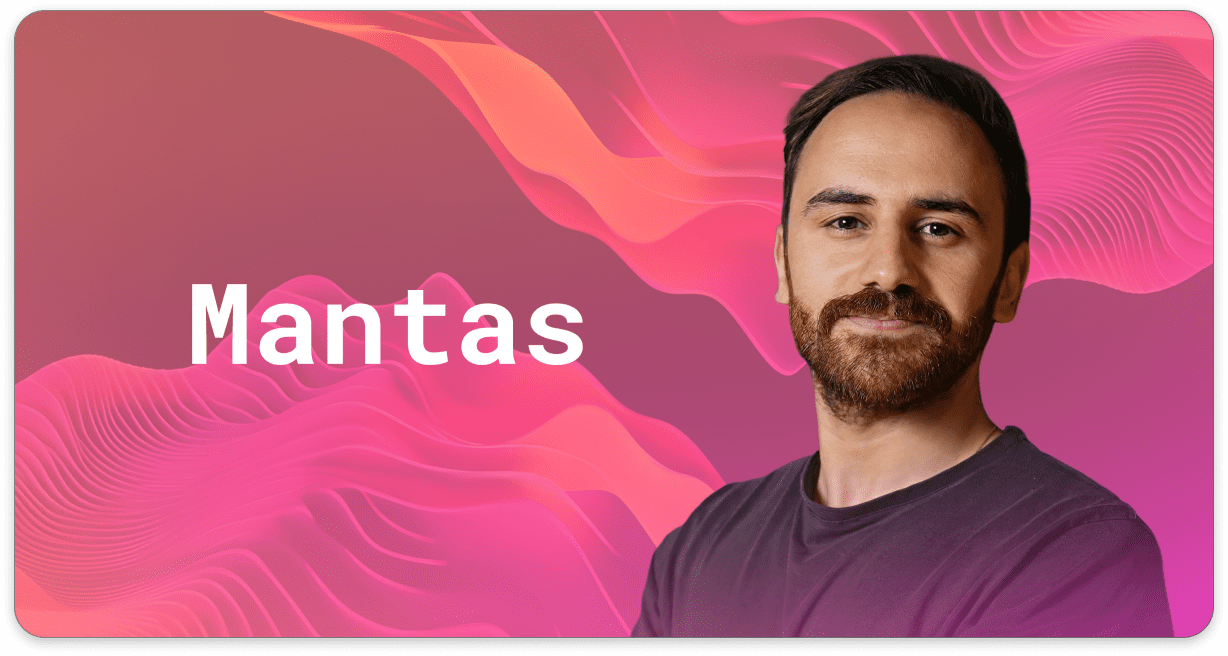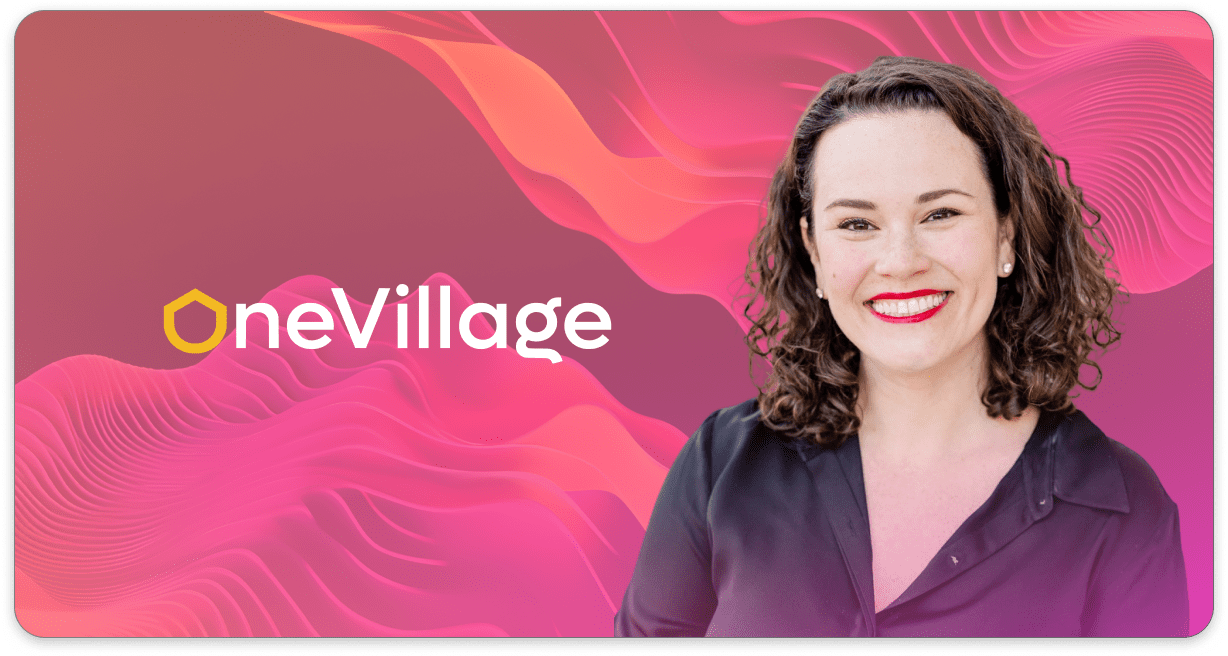
Company Overview:
Paul Neyman, Co-Founder & CRO at Areti Health is revolutionizing clinical trial recruitment by transforming months-long timelines into just weeks.
By combining multi-channel lead engagement, AI coordination, and workflow automation, Areti connects EMR, CTMS, and CRM systems to streamline the entire recruitment process.
Their platform delivers immediate 24/7 responses, automates scheduling and follow-ups, and has already supported over 70 studies while saving 22,600+ hours in manual workflows. Areti makes recruitment infinitely scalable—with zero call teams required.
Can you tell us a little about your background before starting AretiHealth?
I graduated as a CS engineer from UC Berkeley, and was an early hire in several startups before moving into sales engineering, and ultimately into sales.
I realized I was a lot more interested in listening to customers, understanding their problems and building a solution for them, than in taking a designed spec from the product team and coding it up.
B2B sales attracted me most, and in my last two companies I was selling life-saving critical emergency messaging solution, and one of my verticals was healthcare.
I learned about the need for a trusted and engaging message that gets people’s attention and gives them clear direction on where to go and what to do.
What inspired you to become a founder, and how did you identify the need for AretiHealth in the market?
My long-time friend and Founder of Areti Health is Ilya Gluhovksy. We met when we were students (he was a graduate at Stanford, I was an undergrad at UC Berkeley).
We kept in touch through the years, and met for lunch to discuss his latest idea: using generative AI to talk to people who would be interested in clinical trials. One of the biggest hurdles in the industry is that it’s a manual task, done by CRCs (Clinical Research Coordinators) calling on potential candidates, playing phone tag, experiencing massive delays and a huge churn to get to a few qualified leads. Generative AI could dramatically boost this and automate the whole process.
Ilya had developed a prototype and received early interest, but needed a partner with sales acumen to drive the deals to closure. I had experience with selling B2B communication tools, experience in the healthcare industry and technical background to drive the deals. It was a perfect opportunity.
How did you start AretiHealth? What were the first steps you took to get it off the ground?
I ran Ilya’s idea through my rolodex of healthcare connections, and was met with positive reactions, interest, and even enthusiasm. I was able to quickly schedule a few meetings, validate that the idea indeed has legs, and then we decided to go for it.
Our first move onto the industry scene was at a sizeable conference in DC, and I did the legwork to secure as many meetings as possible throughout the three days.
We walked the floor non-stop, booth to booth, showing our product, gauging interest, answering questions and scoring leads. Our biggest breakthrough came from securing a meeting with the GM of a very large CRO who called up her entire leadership team for a demo to see our product.
It ran overtime – instead of a 20-minute pitch, we stayed in the room for 40 minutes, with the senior staff experiencing our solution for themselves.
This gave us a start and an entry into the industry. We came back from the conference armed with a stack of leads to follow through, a huge product debt and high aspirations.
Next was the typical sales grind – chasing conference leads, setting up pilots, doing pricing exercises, validating our ideas, launching first customers, going to more conferences, increasing pipeline – and in parallel, preparing for our seed round: signing as many early contracts as we could, creating pitch deck, canvassing valley VCs for the right fit, doing pitches and regrouping for a better message, targeting, impression – and so on.
What were some of the biggest challenges you faced in the early stages of building your company?
We started Areti when there was nobody else doing it, and so part of the challenge was educating the industry, which can be notoriously conservative, that use of generative AI is not only feasible, but actually a tremendous benefit to everyone: from research sites to CROs to Sponsors. Overcoming healthy skepticism and “we’ve never done it this way” was a challenge.
What innovations or unique features set your company apart from others in the industry?
We have by now amassed tens of thousands of patient profiles which allow us to better target the message, get unique insights on study feasibility, partner early on with key players in the industry who have even more data – all to increase the speed and efficiency of engagement.
We’ve learned some behavioral tricks that allow us to optimize engagement, with the goal of prescreening and qualifying as many patients into the study and as quickly as possible.
What advice would you give to other founders or entrepreneurs starting in healthcare or health tech?
This is a very close-knit industry. A bad implementation or bad experience can torpedo your entire company, because these professionals all know each other and exchange information constantly. Reputation is really everything.
It is better to focus on few early customers, but make them as successful as possible, so they can propel you towards others with their success – which is exactly what happened with us.
Looking ahead, what are your goals for the future of your company?
We want to become industry standard de-facto for recruiting. Our database of patients grows at an exponential rate, along with our insights and knowledge.
At some point, we would like for every recruitment campaign to be leveraging what we brought into the field.





